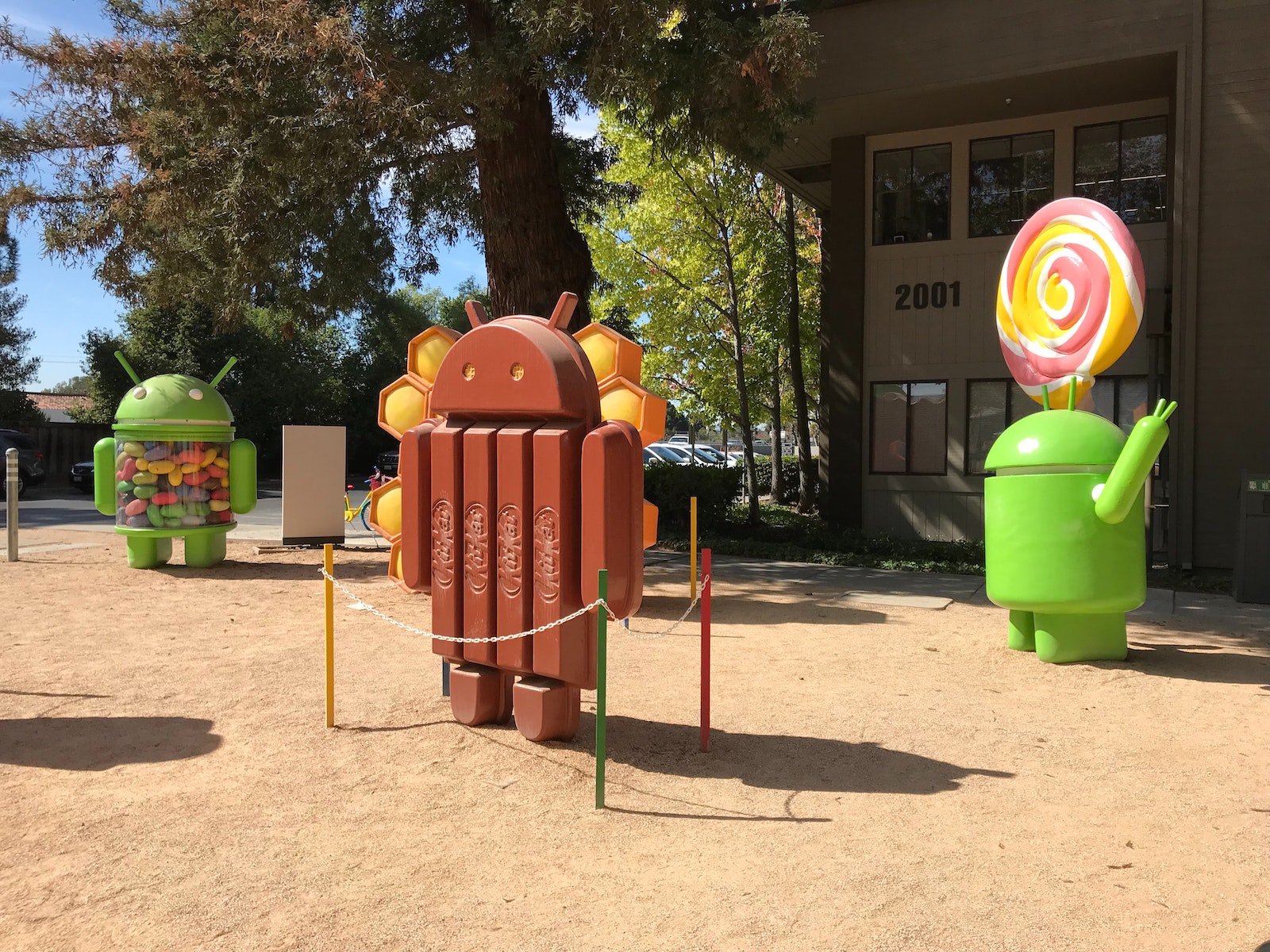South Korea on September 14 fined Google 207.4 billion won ($177 million) for using its dominance to hinder the development of rivals to its Android operating system. The Competition Commission of India is probing Google for the same reason as well, and the South Korean decision possibly foreshadows what India's antitrust watchdog might decide. What is the fine for? The Korean Fair Trade Commission (KFTC) said that Google’s anti-fragmentation agreement (AFA) with smartphone manufacturers like Samsung and LG is an abuse of dominance because it prevents these companies from developing their own modified version of Android (known as Android forks), thereby hindering the entry of competing operating systems into the market and preventing innovation. Although Android is open-source, manufacturers have to sign an AFA to get a lot of the benefits that Google offers including access to the Google Play Store. The Commission has now banned Google from forcing manufacturers to sign such AFA contracts and ordered it to modify existing ones. In a statement to Bloomberg, Google said that Android has accelerated innovation and improved the user experience and that the company will appeal the decision."The KFTC’s decision released today ignores these benefits, and will undermine the advantages enjoyed by consumers," the company said. KFTC expects to spur competition by freeing companies The Korean antitrust watchdog expects to spur competition by freeing companies to create Android forks, which are versions of the Android built from the open-source code provided by Google but modified to suit the manufacturer's needs. The Korea Fair Trade Commission's…





























